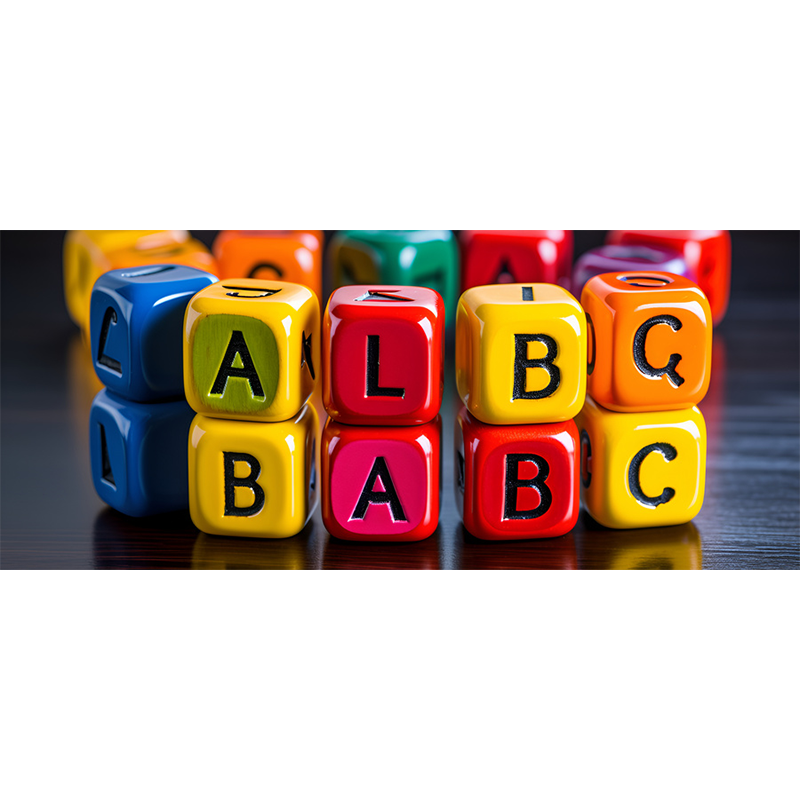

Let's be real—if you're in the toy business, you've probably considered sourcing from China. And for good reason: 70% of the world's toys are made there. Whether you're stocking Montessori wooden blocks, STEM robotics kits, or sensory playsets, Chinese manufacturers offer unbeatable prices and innovation.
But here's the catch—not all factories are created equal. I've seen buyers get burned by poor-quality samples, delayed shipments, and even IP theft. That's why you need a solid strategy: work directly with trusted toy makers in China or hire a toy sourcing agent to handle the heavy lifting.
In this guide, I'll break down:
Where to find the best educational toy suppliers (and red flags to avoid).
When to use a sourcing agent vs. going direct.
Key pitfalls that can cost you time and money.
Let's dive in.
I once met a retailer who paid 12 per unit for wooden puzzles from a European supplier. Then he switched to a Chinese factory—same quality, 4 per unit. That's the power of China's manufacturing ecosystem.
Why it works:
✔ Lower labor & material costs → Competitive pricing.
✔ Massive production capacity → Faster turnaround.
✔ Customization options (OEM/ODM) → Want a science kit branded for your store? Done.
Most educational toy factories cluster in:
Guangdong (Shenzhen, Dongguan) – High-tech STEM toys, electronic learning gadgets.
Zhejiang (Yiwu, Ningbo) – Wooden toys, eco-friendly materials.
Shandong – Traditional toys (puzzles, building blocks).
Pro Tip: If a supplier claims to be a factory but operates from a tiny office in Beijing, dig deeper. Many "trading companies" pose as manufacturers.
Best for: Buyers with experience, large orders, or in-house QC teams.
Where to look:
Alibaba – Use "Gold Supplier" or "Assessed Supplier" filters.
Made-in-China – Better for niche educational toys.
Trade shows (Canton Fair, Hong Kong Toys & Games Fair) – Meet suppliers face-to-face.
Red Flags:
No product certifications (EN71, ASTM, CPC).
Refusal to send samples.
Prices way below market average (likely poor quality).
Best for: New importers, small-to-mid businesses, or anyone who hates logistics headaches.
Why use an agent?
✔ They audit factories (so you don't get scammed).
✔ Negotiate better prices (they know local rates).
✔ Handle QC, shipping, and customs paperwork.
What to ask a sourcing agent:
"Can you share past clients in the educational toy niche?"
"How do you handle defective products?"
"What's your fee structure?" (Avoid agents who markup factory prices secretly.)
Certifications matter:
US Market: ASTM F963, CPC (Children's Product Certificate).
EU Market: EN71, CE marking.
Material checks: Lead-free paint, non-toxic plastics.
Pro Tip: I once saw a batch of "non-toxic" stuffed animals fail testing because of formaldehyde in the fabric. Always request lab reports.
Minimum Order Quantities (MOQs) vary:
Large factories: 1,000+ units.
Smaller workshops: 100–500 units (better for startups).
Ask about:
Custom molds (costs 500–5,000+).
Private labeling (packaging, logos).
Sea freight = Cheaper but slower (4–6 weeks).
Air freight = Faster but pricier (good for samples).
Watch for:
Duties & tariffs (check your country's rates).
Storage fees if delays happen.
Virtual audits (video calls) work if you can't visit.
Check for: Clean facilities, worker conditions, machinery.
NDAs (Non-Disclosure Agreements) are a must.
Register trademarks before sharing designs.
Negotiation tip: Build rapport first. Don't aggressively lowball—it's disrespectful.
Holidays: Avoid ordering near Chinese New Year (January/February).
The Problem: A kids' boutique needed affordable, durable wooden puzzles but kept getting subpar samples.
The Solution: They hired a sourcing agent who:
Shortlisted 3 BSCI-certified factories.
Negotiated a 15% lower price by bundling orders.
Arranged third-party QC inspections.
The Result: They launched their best-selling line, with 40% higher margins.
China offers a great opportunity for sourcing educational toys, but it's important to be careful in your approach.
Here's what you should do next:
1. Begin with small orders to test the products.
2. Check all details thoroughly, including certifications, the legitimacy of the factory, and shipping terms.
3. Consider hiring an agent if you're new to this or expanding quickly.
If you have any questions, feel free to ask. I've been in this industry for years and can help you avoid expensive mistakes.
Email format error
Email cannot be empty
Email already exists
6-20 characters(letters plus numbers only)
The password is inconsistent
Email format error
Email cannot be empty
Email does not exist
6-20 characters(letters plus numbers only)
The password is inconsistent